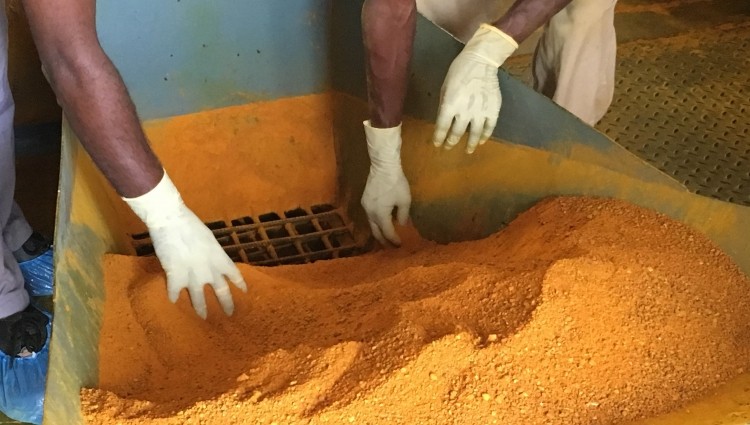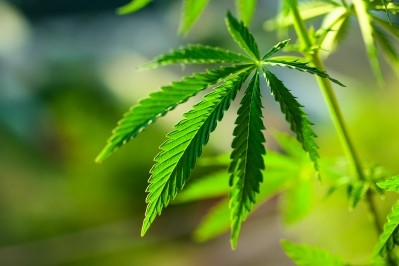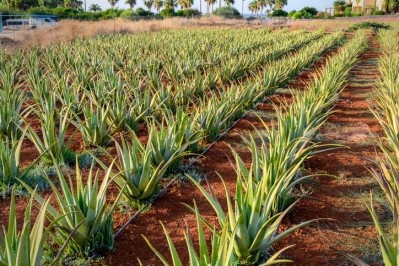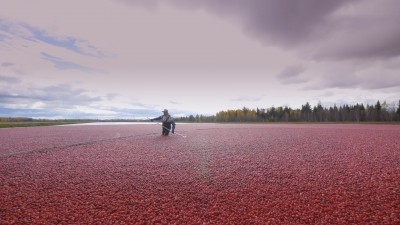US botanical sales top $8 billion, notch 8.5% growth, ABC report says

ABC released its 2017 HerbalGram Herb Market Report yesterday. The report, which culls data from a variety of sources, noted that this is the first time the market has topped $8 billion in the United States.
Outcome fell in line with expectations
Mark Blumenthal, founder and executive director of ABC, said the results of the report were welcome but not unexpected.
“We have been seeing a consistent rise in sales, so it’s not so surprising,” Blumenthal told NutraIngredients-USA. “At 8.5% growth, though, this is the strongest growth we’ve seen in 15 years.”
The report is based on data from market research firm SPINS and IRI, as well as information from Nutrition Business Journal. The report covers only retail sales of herbal dietary supplements and does not reflect the sales of most herbal teas, botanical ingredients used in cosmetics, or government-approved herbal drug ingredients in over-the-counter medicines.
ABC has been compiling the annual reports for the past 18 years. In that time the market has almost doubled in size. ABC pegged the overall size of the market in 2000 at $4.2 billion.
According to the reports, the market fluctuated some in the early years, growing and then contracting. It has been on a steady growth curve since 2003, however, with the 2008-2009 crash serving only to blunt—but not reverse—that growth. The rate of growth has been accelerating since 2010.
SPINS worked with IRI to determine sales of herbal supplements in mainstream retail outlets, which include military commissaries, select buyer’s clubs, and so-called dollar stores. The collaborative SPINS/IRI reporting does not include convenience store sales. The US natural channel, as defined by SPINS, includes sales from co-ops, associations, independent retailers, and large regional chains, but does not include sales from Whole Foods Market.
NBJ uses a proprietary data model which pulls from public sources as well as information from private companies.
Direct sales takes the lead
One notable finding of the report is the strong growth of sales of herbal products in the direct sales channel. According to the report, this channel, which includes sales via network marketing companies, direct sales through TV ads, internet sales and direct mail marketing, is now the largest sales mode. The channel accounted for $4 billion in sales, or almost half the market, and recorded the strongest growth at more than 11%. Mass market sales came in at $1.5 billion and 8.4% growth, with the natural channel notching $2.6 billion and 4.7% growth.
Turmeric tops natural list; CBD is fastest grower
One of the standard features of the report is tables of the best selling herbs in the various channels. According to SPINS/IRI data, the best selling herbs in the natural channel were turmeric/curcumin, wheat/barley grass, flax seed/flax oil, and aloe.
The strongest grower in that channel is also no surprise for anyone who has been listening to the market. Sales of CBD products, even with their regulatory encumbrances, surged by more than 300% to top $7.5 million. No sales of CBD products were recorded in the mainstream channel.
Another fast grower in the natural channel was Nigella sativa, also knowns as black cumin or black seed. Sales of this botanical rose by more than 200% to reach almost $4.7 million. Although relatively new to the modern market, the ABC report notes that there is evidence of the use of this botanical by humans stretching back into antiquity.
Cough remedies account for huge demand in the mainstream channel, with horehound (Marrubium vulgare), an ingredient in OTC cough drops and lozenges, once again showing up as the leading seller, at more than $140 million. Other top sellers included echinacea, cranberry, ivy leaf (Hedera helix) and curcumin, which also showed the strongest sales growth at almost 47%.
Coconut oil sales plummet
The big loser in 2017 was coconut oil. Sales of this botanical dropped by almost 35% in the mainstream channel and more than 23% in the natural channel. Other big sellers whose sales also declined in both channels included cranberry, whose sales dropped almost 8% in the mainstream channel and were off slightly in natural; and flax, whose sales fell more than 11% in mainstream and more than 5% in natural.
Ayurvedic products join mainstream
Blumenthal noted that seen as a subcategory, Ayurvedic products continue to make big inroads into the market. Helping this reckoning is the fact that curcumin is considered one of these ingredients, he said. But other Ayurvedic ingredients also contributed. Ashwagandha showed more than 25% sales growth in the natural channel and ginger sales were up by almost 20%.
“These ingredients are becoming more of a known quantity and now form another vertebra in the backbone of the industry,” Blumenthal said.
To read the full report, click here.

















